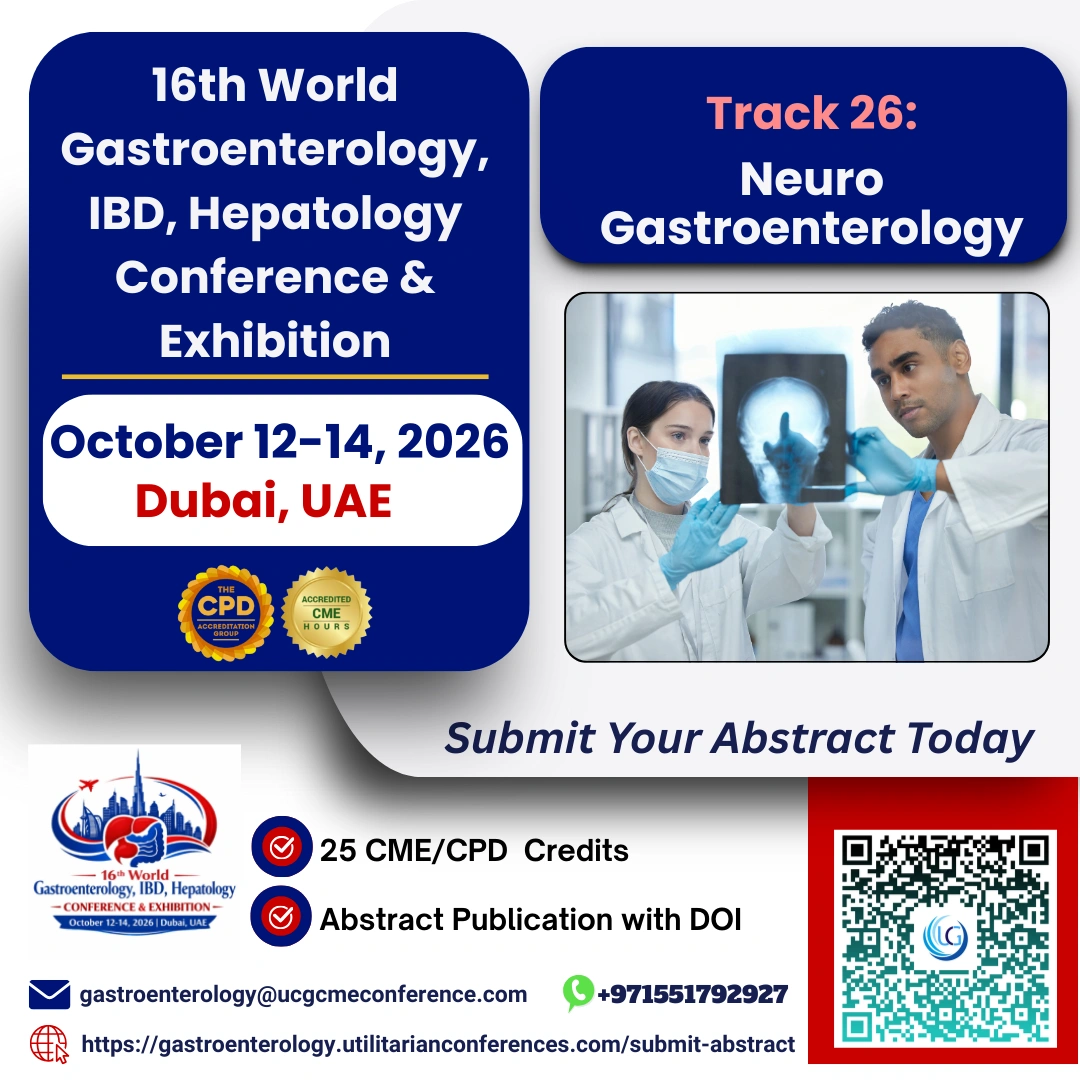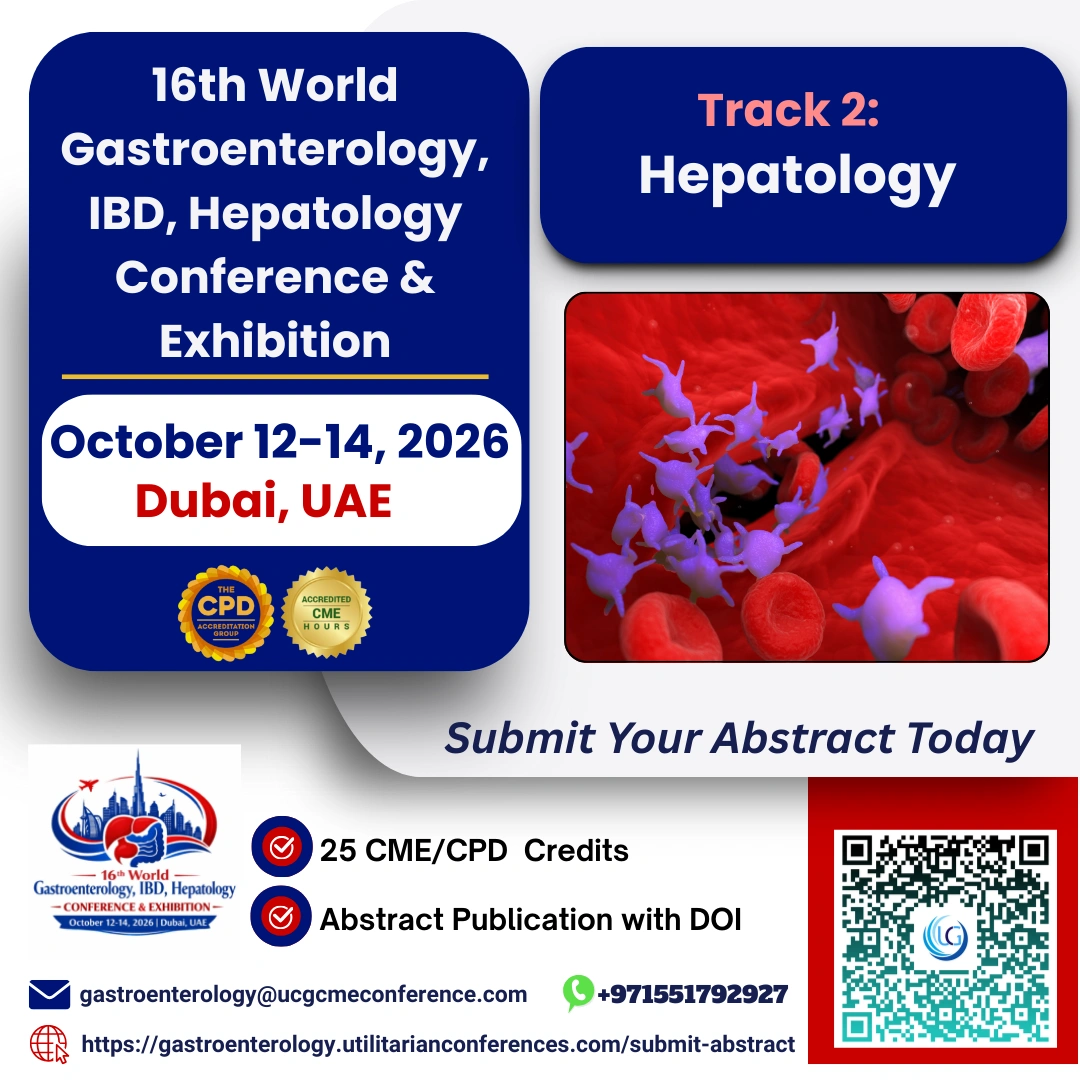



Gastroenterology is the study of the normal function and diseases of the...

What is Hepatology?
Hepatology is a specialized branch of medicine focused...

Neurogastroenterology is a captivating field at the intersection of neurology and gastroenterology, delving into the intricate relationship between the nervous system and the gastrointestinal tract. This multidisciplinary domain explores how the brain and gut communicate bidirectionally, influencing not only digestion but also an array of physiological processes and even psychological well-being.
In clinical practice, neurogastroenterology offers a unique perspective on the assessment and management of gastrointestinal disorders. By integrating insights from neuroscience, gastroenterology, and psychology, clinicians can adopt a holistic approach to patient care, addressing not only the physical symptoms but also the underlying neurobiological and psychosocial factors contributing to disease.
Furthermore, the growing recognition of the gut-brain axis has led to a paradigm shift in healthcare, emphasizing the importance of holistic approaches that consider both physical and mental health. Integrative interventions, including dietary modifications, stress management techniques, and psychotherapy, are increasingly being incorporated into treatment plans for gastrointestinal disorders, recognizing the profound influence of psychosocial factors on gut health.
Fundamentals of Neurogastroenterology:
Fundamentals of Neurogastroenterology: Physiology/Motility –
Sensation. The fundamental gastrointestinal functions include motility,
sensation, absorption, secretion, digestion, and intestinal barrier function.
Digestion of food and absorption of nutrients normally occurs without conscious
perception.
Neurological gastro conditions:
Common gastrointestinal symptoms in neurologic disorders
include sialorrhea, dysphagia, gastroparesis, intestinal pseudo-obstruction,
constipation, diarrhea, and fecal incontinence.
Symptoms of neurogastroenterology:
The symptoms include globus sensation, dysphagia, heartburn
and regurgitation, belching, epigastric pain or burning, nausea and vomiting,
abdominal pain, bloating, constipation, fecal incontinence and others
Neuro Gastroenterology Work:
Neurogastroenterology is a specialized field of medicine that focuses on the study of the nervous system's role in gastrointestinal function and disorders. It explores the intricate connections between the brain, the gut, and the enteric nervous system (ENS), which governs the digestive tract's function independently of the central nervous system. Here's a breakdown of the key components and concepts within neurogastroenterology:
1. Enteric Nervous System (ENS): The ENS is often referred
to as the "second brain" due to its complex network of neurons within
the gastrointestinal tract. It regulates various digestive processes, including
motility, secretion, and blood flow, and can function autonomously, though it
communicates with the central nervous system via the vagus nerve.
2. Gut-Brain Axis: The gut-brain axis represents the
bidirectional communication between the gut and the central nervous system.
This axis involves neural, hormonal, and immunological signaling pathways and
plays a crucial role in regulating gastrointestinal function, as well as
aspects of behavior, cognition, and emotion.
3. Vagus Nerve: The vagus nerve, a major component of the
parasympathetic nervous system, serves as a vital conduit for transmitting
signals between the brain and the gut. It influences various gastrointestinal
functions, including peristalsis, gastric acid secretion, and gut-brain
communication.
4. Gut Microbiota: The gut microbiota, consisting of
trillions of microorganisms residing in the gastrointestinal tract, play a
crucial role in modulating the gut-brain axis. These microbes communicate with
the ENS and the central nervous system through various signaling molecules,
influencing host physiology, immune responses, and even behavior.
5. Neurotransmitters and Neuromodulators: Neurotransmitters
and neuromodulators, such as serotonin, dopamine, and gamma-aminobutyric acid
(GABA), play key roles in regulating neuronal signaling within the gut-brain
axis. Dysregulation of these signaling molecules has been implicated in various
gastrointestinal disorders, including irritable bowel syndrome (IBS) and
functional dyspepsia.
6. Gastrointestinal Disorders: Neurogastroenterology
encompasses the study and management of a wide range of gastrointestinal
disorders, including functional gastrointestinal disorders (e.g., IBS,
functional dyspepsia), motility disorders (e.g., gastroparesis, achalasia), and
inflammatory bowel diseases (e.g., Crohn's disease, ulcerative colitis). Understanding
the underlying neurobiological mechanisms of these disorders is essential for
developing targeted therapies.
7. Diagnostic Techniques and Therapies: Neurogastroenterologists utilize a variety of diagnostic techniques, including physiological tests, imaging studies, and neurophysiological assessments, to evaluate gastrointestinal function and diagnose disorders. Treatment approaches may include pharmacotherapy, dietary interventions, behavioral therapies, neuromodulation techniques (e.g., vagus nerve stimulation), and surgery, tailored to individual patient needs.
Neuro Gastroenterology Profession:
Neurogastroenterology is a specialized field within medicine
that focuses on the study, diagnosis, and treatment of disorders affecting the
digestive system, particularly those influenced by the interaction between the
nervous system and the gastrointestinal tract. Professionals in
neurogastroenterology typically have advanced training in both neurology and
gastroenterology, allowing them to address conditions that involve the
intricate interplay between these two systems.
Individuals working in neurogastroenterology may include:
1. Neurogastroenterologists: These are medical doctors who
specialize in both neurology and gastroenterology. They diagnose and manage
complex gastrointestinal disorders that have neurological components, such as
motility disorders, functional gastrointestinal disorders, and disorders of
gut-brain interaction.
2. Gastroenterologists: Gastroenterologists are physicians
who specialize in the diagnosis and treatment of diseases related to the
digestive system. While not all gastroenterologists may specialize in
neurogastroenterology, some may have additional training or a particular
interest in this field.
3. Neurologists: Neurologists are medical doctors who
specialize in the diagnosis and treatment of disorders of the nervous system. Those
with an interest in neurogastroenterology may focus on conditions that affect
both the central and enteric nervous systems, such as autonomic neuropathies
and neurodegenerative diseases impacting gastrointestinal function.
4. Researchers: Professionals involved in research in the
field of neurogastroenterology work to advance our understanding of the complex
mechanisms underlying gut-brain interactions. They may conduct basic science
research, clinical trials, or translational research aimed at developing new
diagnostic tools and treatment modalities for gastrointestinal disorders.
5. Nurse Practitioners and Physician Assistants: Advanced
practice providers working in gastroenterology or neurology settings may
specialize in neurogastroenterology, assisting in the evaluation, diagnosis,
and management of patients with complex gastrointestinal conditions.
6. Allied Health Professionals: Professionals such as
dietitians, psychologists, and physical therapists may also play a role in
neurogastroenterology care. They provide supportive services to patients with
gastrointestinal disorders, addressing dietary, psychological, and functional
aspects of treatment.
7. Academic Faculty: Professionals working in academic
medical centers may teach medical students, residents, and fellows about
neurogastroenterology. They may also conduct research and contribute to the
development of new diagnostic and therapeutic approaches in the field.
Conclusion:
In conclusion, neurogastroenterology represents
a dynamic and evolving field that offers valuable insights into the complex
interplay between the nervous system and the gastrointestinal tract. Throughout
this exploration, we have delved into the fascinating world of the gut-brain
connection, uncovering the intricate mechanisms that govern digestive function
and influence overall well-being.
Moreover, neurogastroenterology highlights the importance of
adopting a holistic approach to patient care, recognizing the
interconnectedness of physical, neurological, and psychosocial factors in
gastrointestinal health. By addressing not only the symptoms but also the
underlying neurobiological and psychological determinants of disease,
clinicians can optimize patient outcomes and improve quality of life.
In essence, neurogastroenterology serves as a bridge between neuroscience and gastroenterology, offering a deeper understanding of the gut-brain connection and its implications for human health. As we continue to explore this fascinating frontier, let us remain committed to unlocking the mysteries of the gut-brain axis and translating our knowledge into meaningful advancements in clinical practice and patient care.
Sub Track: Gut-Brain Axis, Bidirectional Communication, Impact on GI Function, Lifestyle Modifications, Psychological Evaluation, Neurogastroenterological Disorders, Enteric Nervous System, Patient Evaluation, Diagnostic Testing, Treatment and Management, Dietary Recommendations, Scientific Publications, Interdisciplinary Collaboration, Coordinating with Specialists, Patient Education, Integrating Care Plans, Mentorship and Teaching, Complex Patient Cases, Advancing Knowledge.